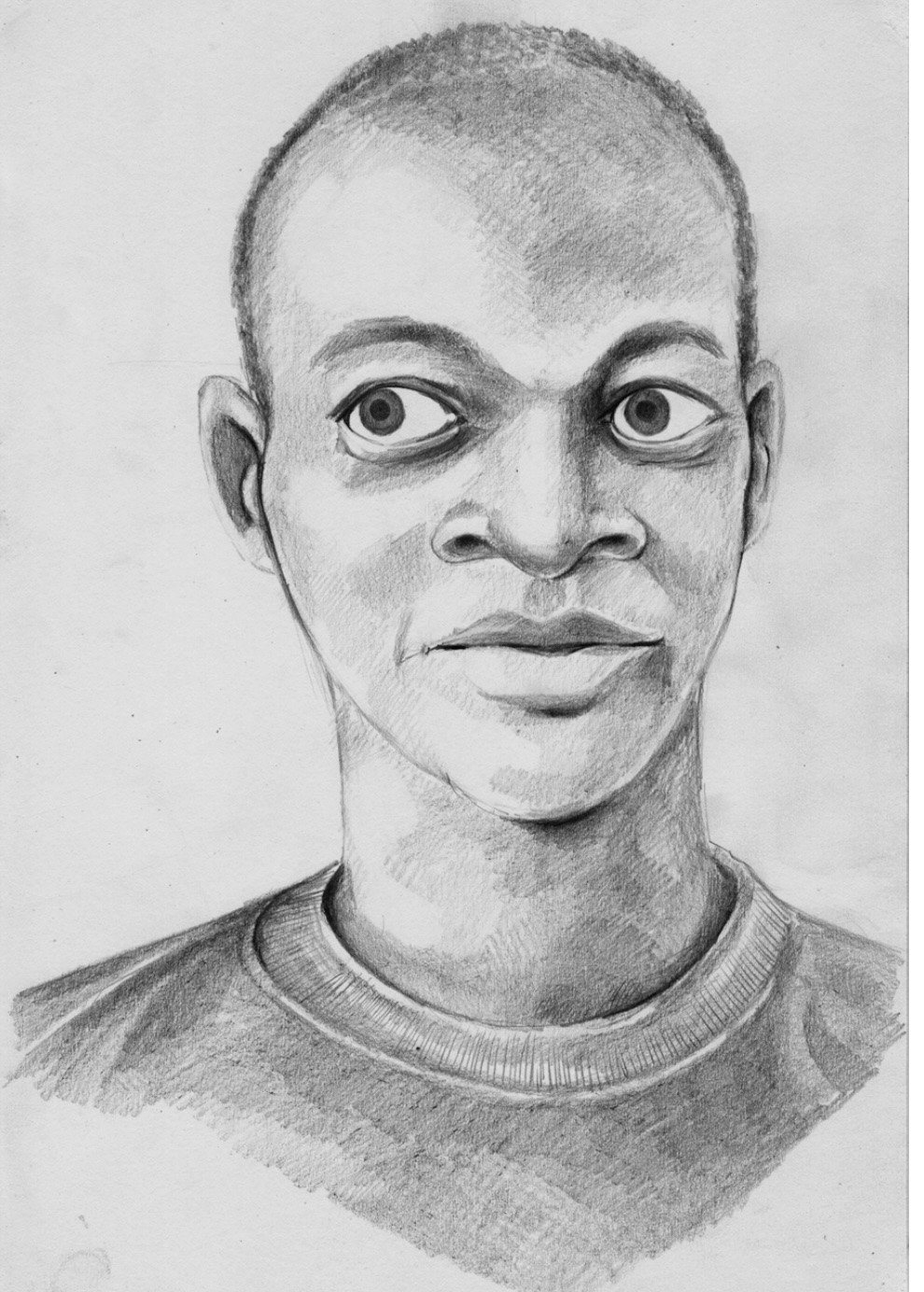Photo AI
Last Updated Sep 13, 2025
Mugo Simplified Revision Notes for NSC English FAL
Revision notes with simplified explanations to understand Mugo quickly and effectively.
392+ students studying
Mugo
Key Events
Independence Day (1963):
- Mumbi and Wangari visit Gikonyo in the hospital and inform him about Mugo's confession.
- Gikonyo praises Mugo for his honesty:
"Tell me another person who would have exposed his soul for all the eyes to peck at."
- Mumbi is deeply worried about Mugo and visits his hut twice but cannot find him.

Mugo's feelings after the confession:
- Mugo believes he has lost Mumbi's trust and assumes she finds him vile.
- He considers escaping to Nairobi but instead visits the old woman whose son, Gitogo, was killed by British soldiers.
- The old woman mistakes Mugo for her son, which gives her joy but causes her death due to shock.
- Mugo reflects that the woman represents his cruel aunt.
Mugo's capture:
- Back at his hut, Mugo sits on his bed with water dripping from his hair.
- General R and Lieutenant Koina arrive to take Mugo to trial.
- General R remarks:
"Your deeds alone will condemn you … No one will ever escape from his own actions."
Flashbacks
Mumbi's trust in Mugo:
- Mugo recalls how Mumbi confided in him before the celebrations and trusted him.
- Her trust prompted Mugo to confess, but he assumed she would inform others.
The Independence Day celebrations:
- Mugo considered letting Karanja take the blame for betraying Kihika but decided against it.
- After his confession, the crowd was silent, but they allowed him to leave unharmed.
Themes
Guilt
- Mugo feels relieved after his confession:
"Mugo felt light. A load of many years was lifted from his shoulders."
Suffering and Sacrifice
- Kihika sacrificed his life for Kenya, and Mugo sacrifices his own to atone for Kihika's death.
- This act of atonement helps heal the wounds caused by colonialism.
- Mugo accepts his fate with courage and compares himself to Judas, recognising his betrayal was unforgivable.
- He tells General R and Lieutenant Koina that he is "ready."
Community and the Collective
- Living in isolation leads to unhealthy ideas and disconnection from reality.
- Mugo's visit to the old woman symbolises his inability to see the truth, just as she cannot see clearly.
- The story highlights the dangers of rejecting community support.
Symbols
Water:
- The rain drenches Mugo as he returns to his hut, mirroring the opening of the novel.
- Unlike before, he is now at peace, and the water symbolises cleansing and renewal.
- The rain's imagery:
"Water ran down his face like a tear."
Grain of Wheat:
- Represents the cycle of death and rebirth:
- Mugo's death symbolises the end of secrets and vengeance, paving the way for healing and prosperity.
- Like Kihika, Mugo is the grain of wheat that must die to bring new life and hope to the community.
500K+ Students Use These Powerful Tools to Master Mugo For their NSC Exams.
Enhance your understanding with flashcards, quizzes, and exams—designed to help you grasp key concepts, reinforce learning, and master any topic with confidence!
940 flashcards
Flashcards on Mugo
Revise key concepts with interactive flashcards.
Try English FAL Flashcards29 questions
Exam questions on Mugo
Boost your confidence with real exam questions.
Try English FAL Questions27 exams created
Exam Builder on Mugo
Create custom exams across topics for better practice!
Try English FAL exam builder57 papers
Past Papers on Mugo
Practice past papers to reinforce exam experience.
Try English FAL Past PapersOther Revision Notes related to Mugo you should explore
Discover More Revision Notes Related to Mugo to Deepen Your Understanding and Improve Your Mastery
